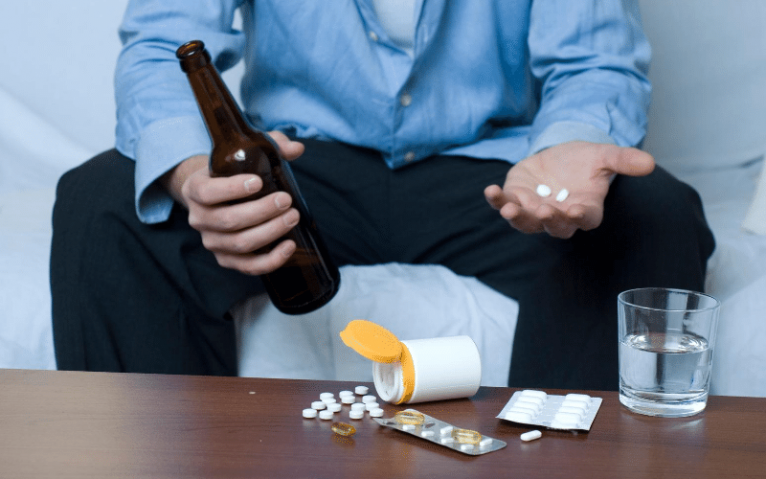Mixing Alcohol and Prescription Painkillers
It has become pretty common knowledge that mixing alcohol and prescription pills is a lethal practice, what with all of the overdose-related deaths that have been accumulating over the course of the past several years throughout the vast majority of the nation. Unfortunately, it is all too easy to brush off the recent celebrity deaths that involved painkillers and booze and sweep the underlying causes of the national epidemic under the rug, especially if you are currently battling an addiction to drugs and alcohol. When I was heavily intoxicated (drunk as a skunk), I would put anything else into my body that promised to get me even further away from reality – I had no inhibitions and no fear of death. I was invincible. Or so I thought. In reality, I was standing on the very brink of death for around 7 years, one slight shove away from falling in headfirst.
Alcohol and Ativan
It is suggested that those who are prescribed Ativan (a pharmaceutical most commonly used to treat anxiety disorders) entirely avoid alcohol consumption of any degree. This is because combining alcohol and Ativan can result in some extremely dangerous side effects, such as:
- Shallow breathing/respiratory failure
- Impaired coordination
- Loss of consciousness
- Coma
- Increased risk of overdose
Because Ativan works by slowing down brain activity in order to reduce anxiety levels, mixing this specific pharmaceutical medication with alcohol will slow neurological functioning even further, resulting in an increased risk of accidents. It is more common for those who mix Ativan and alcohol to die as the result of a tragic accident rather than overdose.
Alcohol and Vicodin
Vicodin is a highly potent narcotic painkiller, composed of hydrocodone and acetaminophen. Hydrocodone has been known to cause symptoms such as confusion, loss of memory, and shallow breathing when taken alone – when combined with alcohol, these symptoms are harshly intensified. Those who mix these two drugs may experience signs of overdose, such as:
- Severe stomach pain
- Shortness of breath
- Loss of consciousness
- Dizziness
- Drowsiness
- Lack of coordination
Furthermore, the acetaminophen present in Vicodin has been linked to liver disease. Alcoholism, of course, has also been linked to liver disease. Taking the two together increases the risk of liver disease, as well as a slew of other severe health-related complications.
Xanax and Alcohol
It is extremely to mix Xanax and alcohol – even those who are taking prescribed doses of Xanax and are consuming alcohol simultaneously are putting themselves at risk of death. The cognitive and psychological consequences of doing so are extensive, and the risk of both addiction and overdose are significantly increased when both drugs are consumed concurrently. The withdrawal symptoms that occur when both drugs are taken at the same time are severe, and include:
- Seizures
- Intense anxiety and depression
- Hallucinations
- Delirium
- Severe agitation
- Coma
Mixing alcohol and pharmaceutical drugs of any kind is never a wise idea – however, it can be difficult to avoid if you are suffering from a severe substance dependency issue. Please contact us at Lighthouse Recovery Institute today for information on drug and alcohol rehab in your immediate area.









